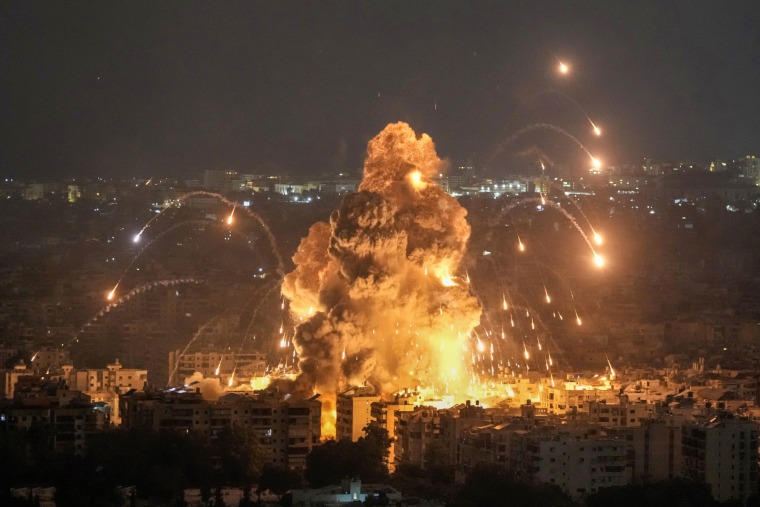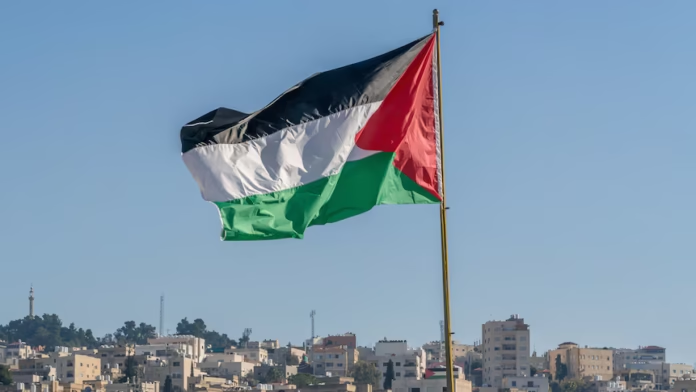Starmer Meets Abbas in London Amid Heightened Tensions
British Prime Minister Keir Starmer met with Palestinian Authority President Mahmoud Abbas on September 8, signaling that the United Kingdom is preparing to move closer to formally recognizing a Palestinian state. The meeting, held in London, came just hours after a deadly terrorist attack in Jerusalem claimed the lives of six people and left 12 others injured.
Abbas arrived in the UK on Sunday evening for a three-day state visit aimed at rallying international support ahead of the United Nations General Assembly (UNGA). During his visit, he is pressing for an end to what he described as “the aggression, destruction, and starvation being inflicted upon the Palestinian people.”
The high-level diplomatic engagement underscores Britain’s readiness to play a larger role in shaping the future of the Israeli-Palestinian conflict, even as violence continues to cast a shadow over peace efforts.
UK Recognition Plans Stay on Track
![]()
Despite the attack in Jerusalem, Downing Street confirmed that Britain’s recognition plan remains on course. Starmer’s spokesperson reiterated:
The UK’s conditions include excluding Hamas from any future Palestinian governance structures, ensuring the group’s disarmament, and securing guarantees for long-term peace and security.
According to government insiders, Starmer views recognition as an important step unless Israel demonstrates “substantive progress” on humanitarian relief in Gaza, agrees to a ceasefire, and commits to a lasting peace framework.
During his London visit, Abbas also met with British medical volunteers who had worked in Gaza. He praised their humanitarian service and announced plans to honor them with medals, signaling appreciation for Britain’s involvement in Palestinian welfare.
Momentum Builds for International Recognition

The UK is not acting alone. France, Australia, Canada, and Belgium have all signaled intentions to formally recognize Palestinian statehood during September’s UN General Assembly. France has already pledged unconditional recognition, while the others, like Britain, have attached political conditions.
Currently, 147 of the 193 UN member states recognize Palestine. If several major Western allies follow through on their commitments, the United States could find itself increasingly isolated in its opposition to unilateral recognition outside a negotiated settlement.
He argued that sustained international pressure may eventually compel Israel to address settlement expansion in occupied territories.
Deadly Jerusalem Attack Raises Tensions
The renewed push for recognition unfolded against the backdrop of escalating violence. On Monday morning, two Palestinian gunmen from the West Bank carried out an attack at Ramot Junction in northern Jerusalem during the morning rush hour. Opening fire on commuters waiting at a bus stop, the attackers killed six civilians before being shot dead by an Israeli soldier and armed bystanders.
The attack was among the deadliest incidents in Jerusalem since October 2024, underscoring the deep volatility on the ground.
British Foreign Secretary Yvette Cooper expressed shock, saying she was “horrified by the terrorist attack in Jerusalem,” while Abbas’s office issued a statement condemning violence against both Palestinians and Israelis.
However, Hamas praised the shooters, calling the assault a “heroic operation” and urging Palestinians in the West Bank to escalate confrontations with Israeli forces.
In response, Israeli Prime Minister Benjamin Netanyahu visited the site of the attack and vowed swift retaliation, warning that Israel’s security services were already pursuing those suspected of assisting the attackers.
Balancing Diplomacy and Security
The timing of Abbas’s London visit, coinciding with fresh bloodshed in Jerusalem, highlights the dual challenges facing policymakers. On one hand, international momentum toward Palestinian recognition appears to be building; on the other, the persistence of violence threatens to derail fragile diplomatic progress.
For Britain, the decision to proceed with recognition carries both symbolic weight and practical risks. Analysts note that formal recognition could strengthen the Palestinian Authority diplomatically but may also deepen rifts with Israel and the United States.
Nonetheless, advocates argue that recognition represents a necessary step toward breaking the current stalemate. Without bold moves, they warn, prospects for a negotiated two-state solution could vanish altogether.
Looking Ahead to the UN General Assembly
All eyes are now on the UN General Assembly, where Palestinian statehood will once again dominate discussions. With Britain and other Western countries leaning toward recognition, this year’s session could mark a turning point in the international community’s approach.
The outcome will depend not only on votes at the UN but also on how violence in Israel and the Palestinian territories evolves in the coming weeks. For now, the UK appears determined to balance its recognition push with calls for de-escalation and humanitarian relief.
Sources: The Times Of Israel

